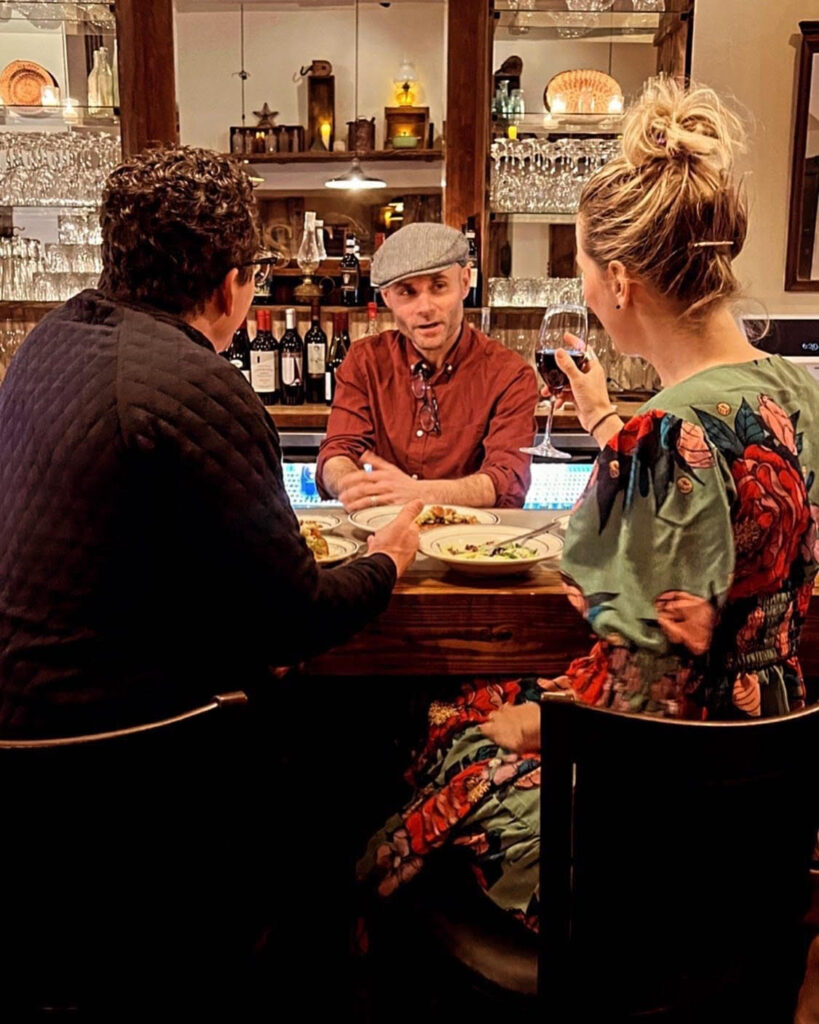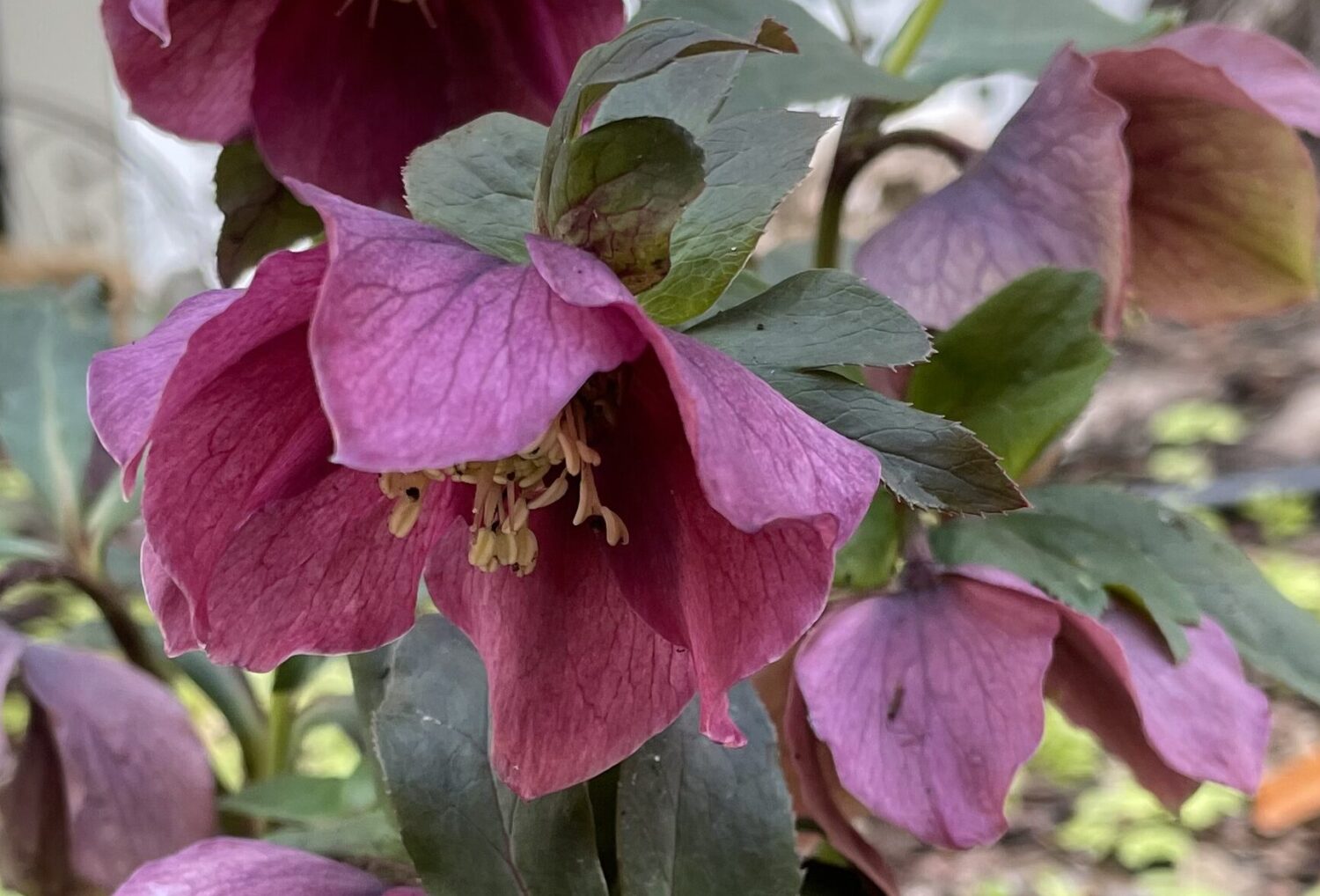
A common refrain during several interviews I’ve conducted over the past year or so with restaurateurs working to open new businesses in the CWE involved their frustration over the unreasonable amount of time it takes to process a liquor license application. In Joe Baker’s case, above, it was 6 months from the time he applied before he could open Black Mountain Wine House at 354 N. Boyle. Further research revealed that, despite claims to the contrary, it has not been the gathering of the required petition signatures from neighborhood residents and business owners that has been the hold-up, but rather a logjam in the processing of applications by the City’s Excise Division. Based on anecdotal evidence, that disruptive six-month wait (even longer in some instances) seems to have become the “new normal” since the onset of Covid. The consensus view is that that is unacceptable. What remains unresolved is the question of how best to fix the problem.
Alderman Brett Narayan has introduced Board Bill 60, co-sponsored by Board President Megan Green, which proposes a radical approach to streamlining the liquor license application process, one that favors the business owner/applicant over the interests of the community. As proposed, Board Bill 60 would ease the liquor license application procedures by eliminating the traditional plat and petition process, thereby disenfranchising nearby residents and business owners from the long-standing requirement for community engagement in the licensing process.
On August 23 the Aldermanic “Special Committee on Reducing Red Tape” conducted a Zoom meeting on Board Bill 60 at which participants were invited to comment on the proposed legislation. The purpose of the “Red Tape” committee is, among other objectives, to streamline government “…to reduce unnecessary laws and regulations that might be a barrier to the growth of the local economy.” Committee members include Alderman Thomas Oldenburg, Chair, Alderwoman Daniela Velazques, Vice Chair, and Alderpersons Cara Spencer, Bret Narayan, Shameem Clark-Hubbard, Laura Keys and Alisha Sonnier.
On September 11 a follow-up meeting of the committee was held in person in the Cortex Innovation District in order to provide a forum for direct testimony from interested citizens. For many of those in attendance, the opportunity to participate directly in the discussion on this important matter was a welcome example of participatory democracy at its best. Speakers from multiple neighborhoods throughout the city showed up to voice their concerns about Board Bill 60 as presently structured, and how it would unfairly limit community engagement.
Those who spoke in opposition to the bill as currently drafted included Derek Langeneckert of Alpha Brewing Co. (with locations on Washington Avenue, in Tower Grove, and opening soon in the Delmar Maker District); Joe Kelly of Kelly & Associates, liquor license compliance specialists; Matt Kotraba representing the Boulevard Heights neighborhood; attorney Bill Kistner representing Bill Hibdon and Nancy Fox of the 1400 block of N. Broadway; Matt O’Leary, Les Sterman and Arnold Stricker, all representing Downtown St. Louis; CWEnders Greg Stroube, Celeste Vossmeyer, Paul Mittelstatdt, Jim Dwyer and Brian Flowers, president of the CWEA; Jeff Winzerling from the Maryland/Gaslight neighborhood and Danielle Langeneckert from Tower Grove East.
Speaking in support Board Bill 60 were Anthony Ellerson and Latoya Wilson. Identifying herself as a concerned citizen, Ms. Wilson commented that those testifying that evening were not a diverse group and did not reflect the demographics of the City as a whole, that the current system is unduly burdensome for Black-, Brown- and minority-owned businesses who may have modest resources, and asserted that if a minority applicant were to seek signatures to obtain a liquor license in “a neighborhood opposite of them, they’re not going to get those signatures.”
While there were many concerns about the proposed legislation, the most common theme expressed in opposition related to the proposed elimination of the long-standing plat and petition process which enables neighborhood input into the licensing process. Promisingly, several committee members observed that the current City budget includes a substantial increase in funding for the Excise Division, and that additional staff could be recruited to accelerate the processing of liquor license applications. Many believe that that is where the solution to this dilemma lies.
In his closing remarks, Ald. Oldenburg stated that “…this is just the beginning of the process,” and that he appreciated the testimony from the various neighborhood organizations. His plan is to compile comments from both the August 23 and September 11 meetings, and for the committee then to determine what if anything to pass out of committee to the full Board of Aldermen for consideration.
